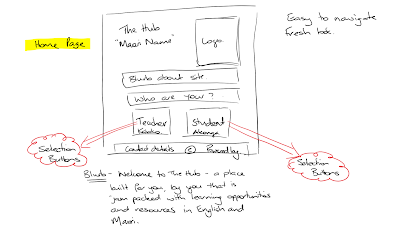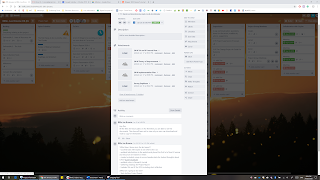Methodological / Research Design
The methodology of a Masters thesis is by far one of the most critical success (or failure) factors. You want to pick a research methodology that makes sense for your topic, your experience and skill level, and your resources. It’s also got to deliver a way to findings and conclusions that will produce results and garner you the master's thesis grade you are seeking (Essay,UK. 2018).
The data collection approaches I will use will depend on the group I am gathering data from. All data collection will be recorded in a timetabled calendar that is in a checklist form. below is a table that outlines a summary of my research methodology followed by an in-depth description of 'why':
Level 1 and 2 stakeholders: (Qualitative) data collection will be in the form of a survey delivered through a digital platform. There are a couple of different data required from different stakeholders. At the very beginning, data will be required to inform me of why students in Rotorua are disengaged, and what they see as being of use to them to help keep them engaged in their learning. This will be collected firstly by having meetings with the RCCoL Across Lead for Engagement and Attendance and then by way of interviewing a target group of disengaged students from within the RCCoL. A second lot of the same data will be collected when the prototype is completed to see if this suits the learner’s requirements and needs. Other data collected will be used to support decision making regarding the usefulness, interest of teachers, and ease of using of the product. This information will be gathered as part of the Website Design Briefing and Kete of Resources deliverables stage. Again this will be by way of interview and survey questions carried out on a target group of teachers from within the RCCoL. Once the prototype has been shared with this stakeholder group, this data will be collected again so amendments can be made prior to the official website being launched. There may be other opportunities for the collection of data to be carried out, this will be based on needs and findings as they arise.
Level 2 stakeholders: (Qualitative and Quantitative) data collection here will be in the form of surveys and interviews. The interviews will be for the student cohort of this group. They will help me to get a better insight into problems with the product and also allows the students to be part of the amendments and production process leading to the official website. Interviews will be group-based allowing participants to feed off each other's thoughts.
For the rest of this stakeholder group, there will be surveys and rubrics to complete. For the teaching staff and BOT, these will take place at the same time as the student cohort. For whanau, this will take place 6 weeks after the student cohort. The reason for this is the students need to use the product first to help show and teach their whanau. Only at this point, two things will have happened toward the outcome of the product: collaboration and engagement, which both will be part of the whanau and student data collection (Bishop & Berryman, 2006).
Reference:
Essays, UK. (2018). Selecting a Masters Research Methodology. Retrieved from https://www.ukessays.com/resources/masters/research-methodology-masters-thesis.php?vref=1
Ogundahunsi, O., & Gyapong, M. (2019). TDR Implementation Research Toolkit. Retrieved from http://adphealth.org/irtoolkit/




Comments
Post a Comment
Your feedback is very important for my professional development and is very much valued and appreciated. Thank you.